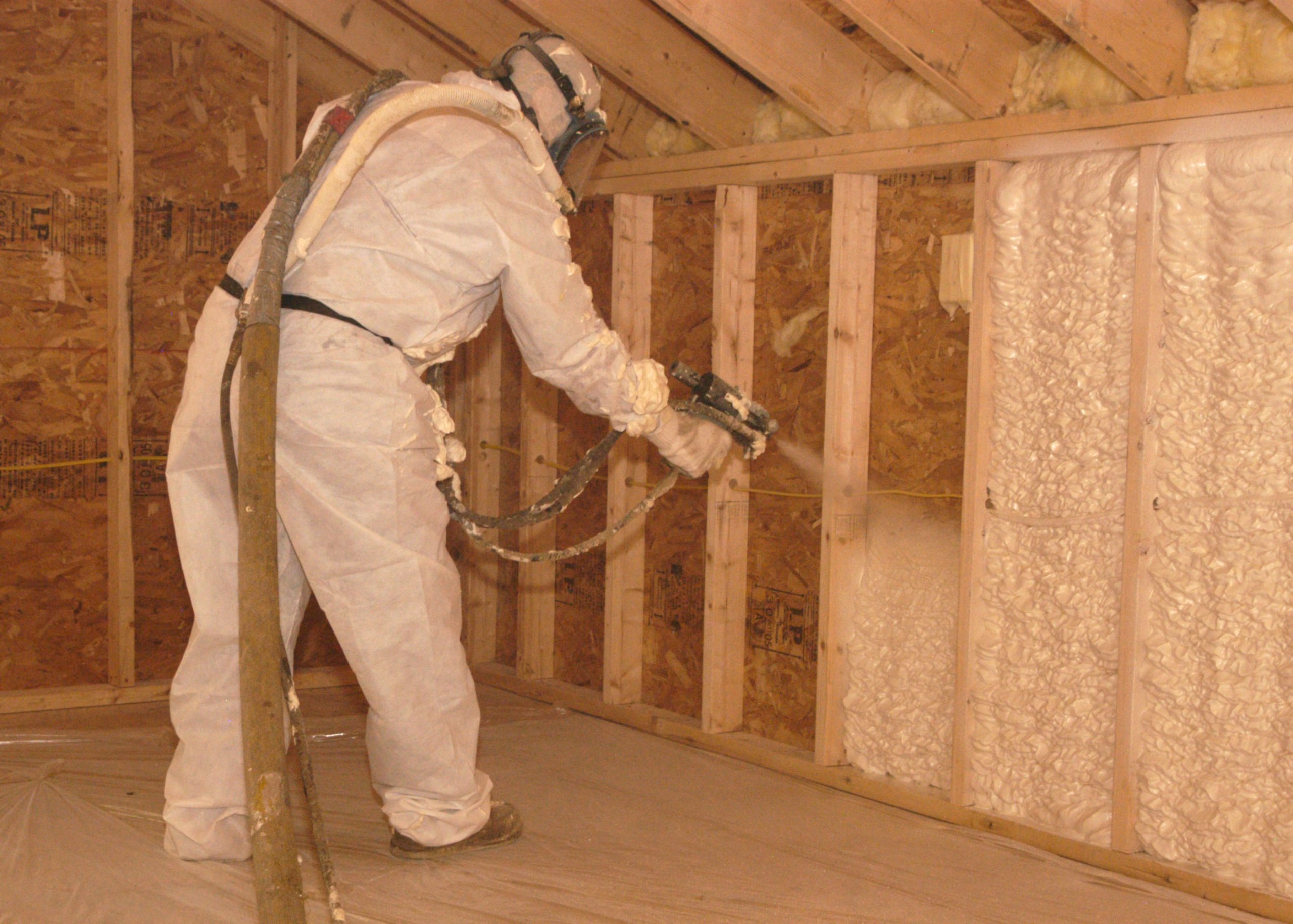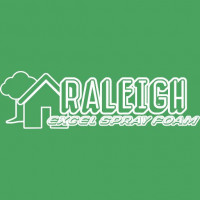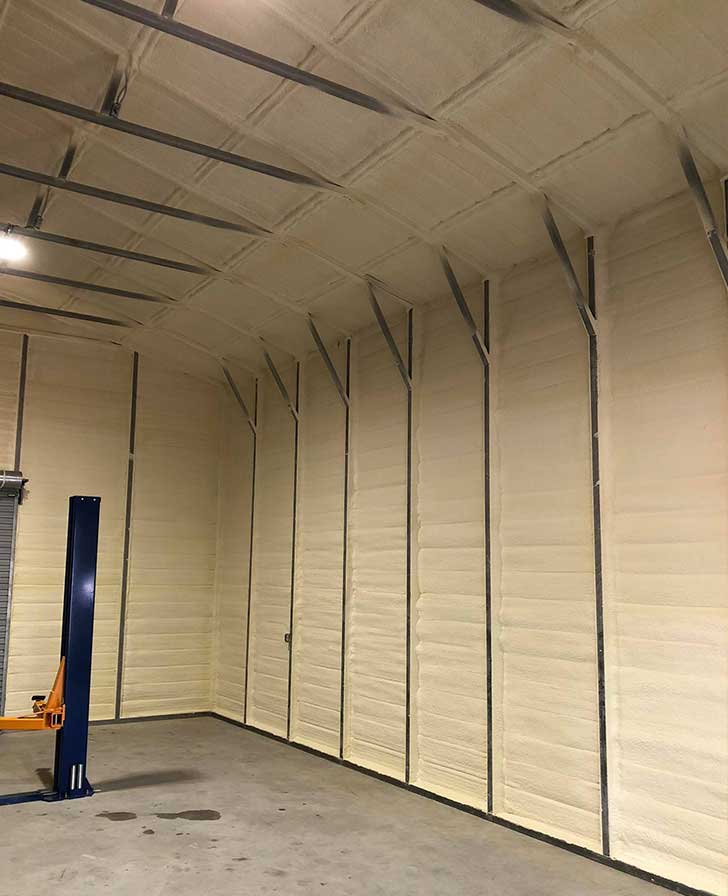How Wall Insulation Enhances Year-Round Comfort in Raleigh Homes

Strong 8k brings an ultra-HD IPTV experience to your living room and your pocket.
Proper wall insulation is one of the most effective strategies for achieving stable indoor temperatures and lower energy costs in Raleigh homes throughout all four seasons. North Carolina’s climate, characterized by hot, humid summers and cold, damp winters, places a heavy demand on home HVAC systems. Without sufficient wall insulation, homeowners often experience unwanted temperature fluctuations, high utility bills, and persistent discomfort, regardless of thermostat settings.
This article explains how wall insulation contributes to thermal consistency, breaks down insulation materials suited for Raleigh’s environment, discusses pre-installation considerations, and shares the latest insights from the local market. In addition, you’ll find technical comparisons, a detailed FAQ section, and expert tips to help you make the most informed insulation choice.
Why Wall Insulation Matters in Raleigh's Climate
Wall insulation plays a vital role in creating a thermal envelope that protects your home from outdoor temperature swings. It works by minimizing heat transfer through walls—keeping cooled air inside during the summer and trapping warmth indoors in winter. This improved thermal resistance directly results in better energy efficiency, fewer HVAC cycles, and more consistent indoor comfort.
Primary Benefits of Wall Insulation
- Lower monthly energy bills through improved heat retention
- More comfortable indoor spaces year-round with fewer drafts and cold spots
- Improved acoustics by reducing outside noise pollution
- Humidity control, which reduces condensation and discourages mold growth
- Extended HVAC life, since equipment operates with less strain
In older Raleigh homes, uninsulated or poorly insulated walls can contribute to up to 35% of overall heat loss, according to the U.S. Department of Energy. With increasingly unpredictable weather patterns in North Carolina, the value of durable and moisture-resistant insulation is higher than ever.
Understanding Wall Insulation Options
Closed-Cell vs. Open-Cell Spray Foam
Spray foam insulation in Raleigh is often favored for wall cavities in both retrofits and new builds. It expands to fill gaps, adheres tightly to surfaces, and provides both thermal resistance and an air barrier.
Bonus Tip: Closed-cell spray foam adds structural integrity to walls, helping prevent warping or sagging over time.
Additional Options to Consider
- Fiberglass Batts: Common and cost-effective, but requires precise installation to avoid gaps.
- Blown-In Cellulose: Eco-friendly and good for older homes with irregular wall cavities.
- Injection Foam: Applied into existing walls with minimal disruption—ideal for finished spaces.
Technical Specs: R-Values and Performance Metrics
R-value measures insulation’s resistance to heat flow. The higher the number, the more effective the material. In Raleigh, it’s important to balance high R-values with moisture resistance and air sealing capacity.
Bonus Tip: Closed-cell foam is recommended for exterior-facing walls and below-grade areas due to its dual thermal and moisture barrier capabilities.
Things to Consider Before Choosing Insulation
Before deciding on a specific insulation material, it’s crucial to evaluate a few foundational factors. Making the right insulation choice upfront ensures long-term performance and fewer complications down the line.
Key Considerations:
- Wall Accessibility: New builds provide full access, but existing homes may need targeted retrofitting.
- Ventilation Requirements: Good airflow prevents condensation buildup and mold.
- Humidity & Moisture Exposure: In humid climates like Raleigh’s, closed-cell foam offers an edge.
- Building Codes & Rebates: North Carolina periodically updates building efficiency codes and may offer utility rebates.
- HVAC Compatibility: Upgraded insulation may require rebalancing heating and cooling systems.
- Eco-Friendliness: Some homeowners prioritize low-VOC or recycled-content materials for sustainability.
Bonus Tip: Moisture issues inside walls can undermine insulation. Have your walls tested for leaks or existing mold before installation.
Market Trends and Regional Data
The North Carolina Building Performance Association found that homes with upgraded insulation experienced a 20–40% annual reduction in energy consumption. Raleigh specifically has emerged as a leader in energy-efficient retrofitting, driven by growing demand for sustainable building practices and lower utility costs.
Homebuilders are increasingly integrating closed-cell spray foam into Raleigh wall assemblies, citing its performance across temperature extremes and its ability to act as a vapor retarder. Additionally, local green certification programs and energy audits are encouraging more homeowners to opt for full-envelope insulation.
Common Homeowner Questions
Raleigh homeowners frequently ask:
- Should I remove old insulation before installing new material?
- Does wall insulation impact the resale value of my home?
- How do spray foam and cellulose compare in performance?
- Is insulation maintenance-free once installed?
- What R-value should I target for my 1980s-era home?
These questions often depend on the condition and design of the home. Consulting a licensed insulation professional can clarify the best path forward based on structure age, budget, and energy goals.
Frequently Asked Questions About Home Insulation
What is the best R-value for wall insulation in Raleigh?
R-values between R-13 and R-21 are generally ideal, depending on wall depth, orientation, and insulation type during wall insulation in Raleigh, NC.
Does spray foam insulation require a vapor barrier?
Closed-cell spray foam does not require an added vapor barrier. Open-cell may need one in damp or humid regions.
Can I insulate walls without tearing them open?
Yes. Injection foam and blown-in cellulose can be applied via small entry points with little damage to existing finishes.
Is wall insulation a good investment?
Yes. It provides long-term cost savings, increases comfort, and can boost property value.
How long will spray foam insulation last?
Spray foam typically lasts 30+ years with minimal degradation when properly installed.
Are energy efficiency rebates available in NC?
Yes. Various utility programs offer rebates, tax credits, and financing options for insulation upgrades.
Finding the Right Insulation Expertise
Making the right insulation choice can transform home comfort and reduce energy expenses, especially in Raleigh’s varied climate. For homeowners seeking expert insights or hands-on support with energy-efficient insulation, Raleigh Excel Spray Foam Insulation is a knowledgeable provider specializing in spray foam solutions.
Readers can learn more about Raleigh Excel Spray Foam Insulation's services:
Company: Raleigh Excel Spray Foam Insulation
Phone: (919) 301-9435
Email: [email protected]
Learn more about Raleigh Excel Spray Foam Insulation
Note: IndiBlogHub features both user-submitted and editorial content. We do not verify third-party contributions. Read our Disclaimer and Privacy Policyfor details.



